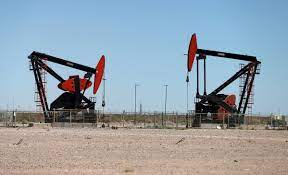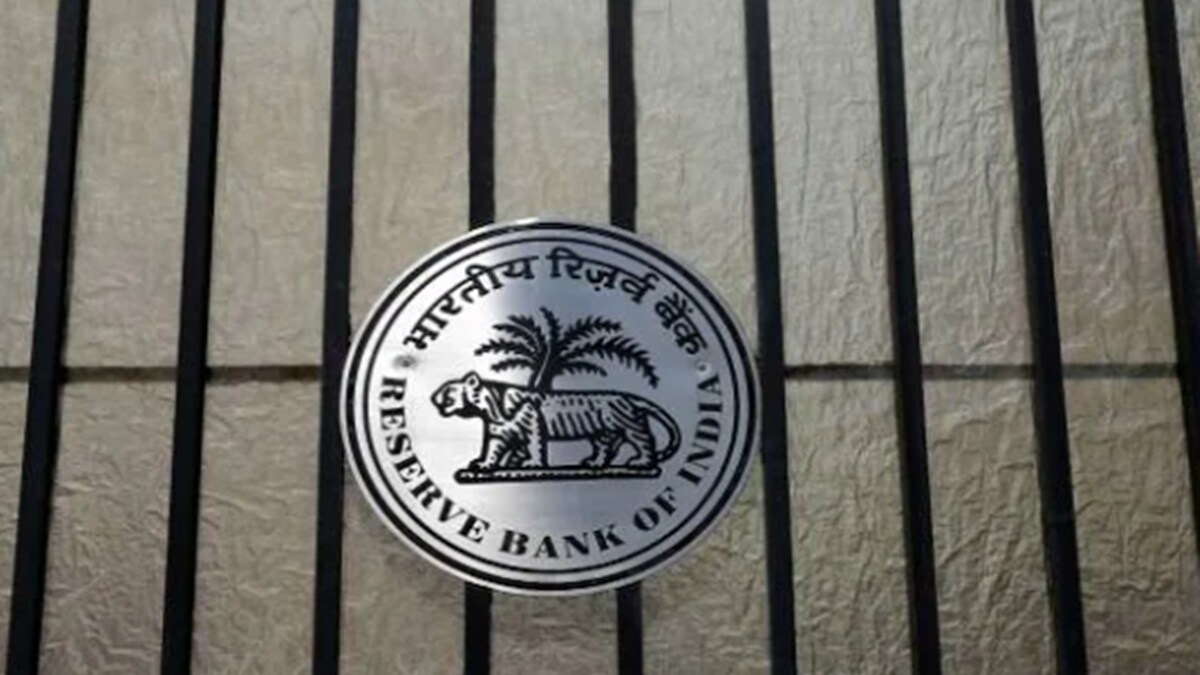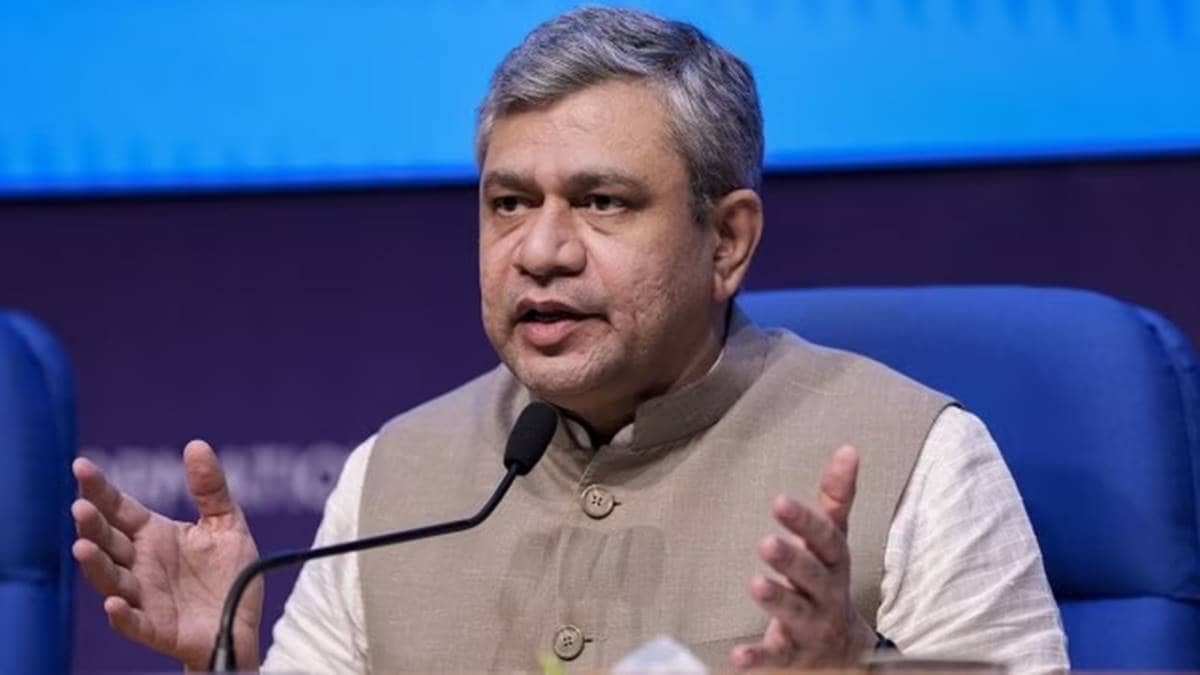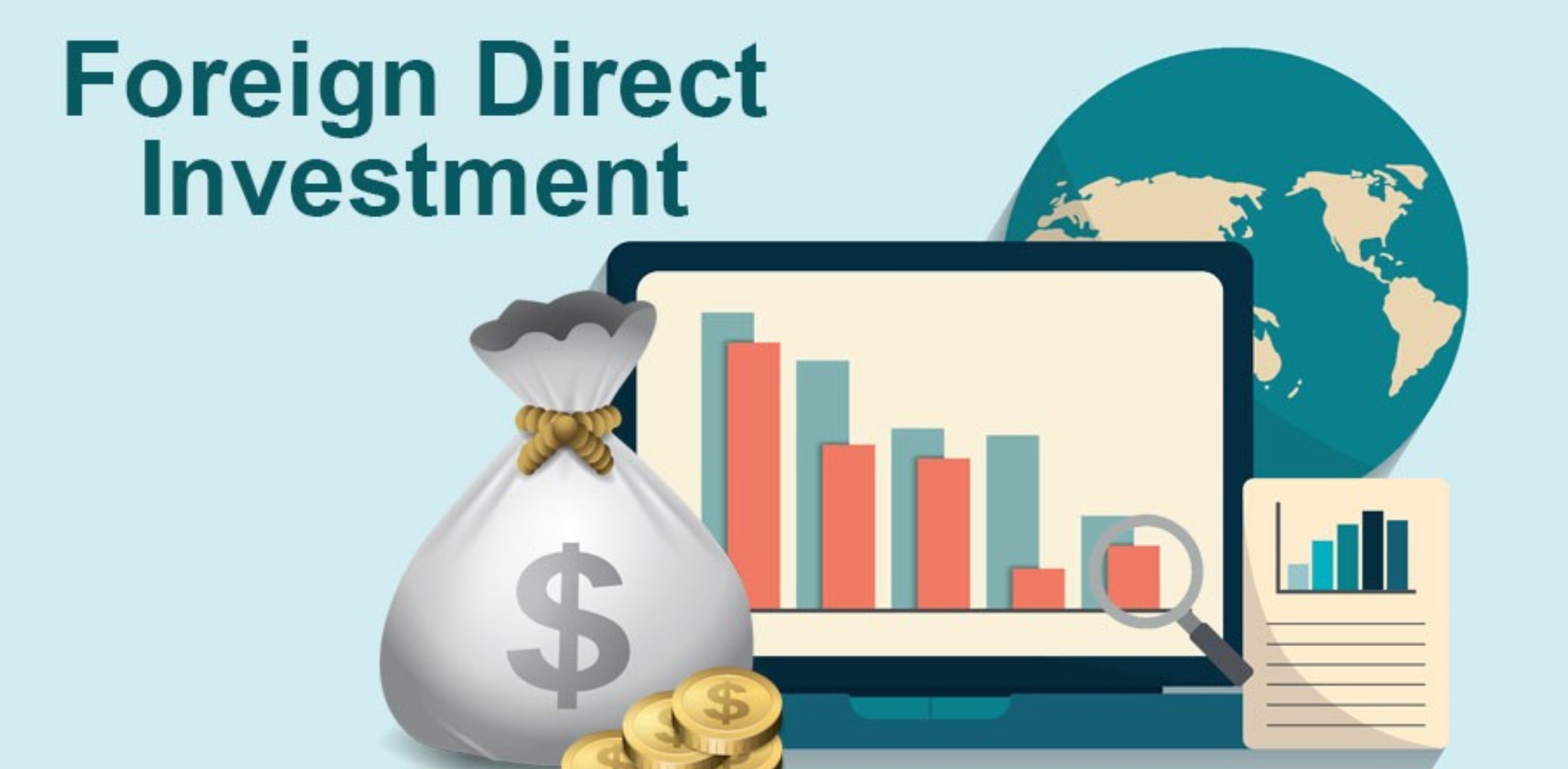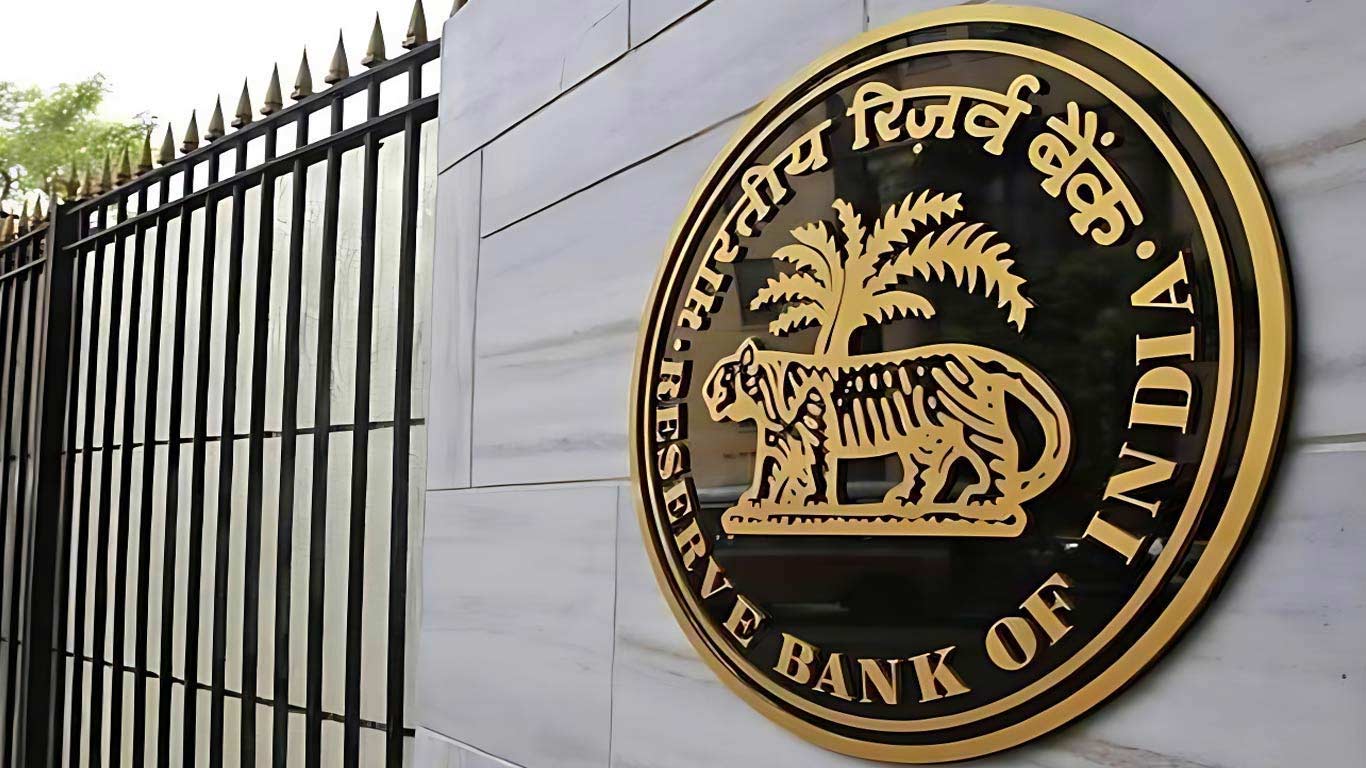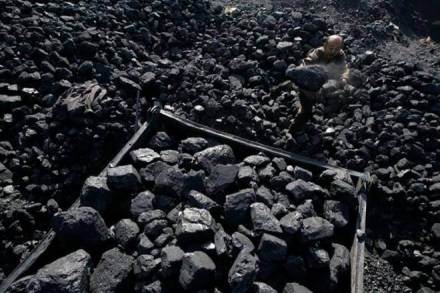Indian Oil sees India's oil demand surging to 500 mn tonnes per yr by 2040
Tue 25 Sep 2018, 13:47:31
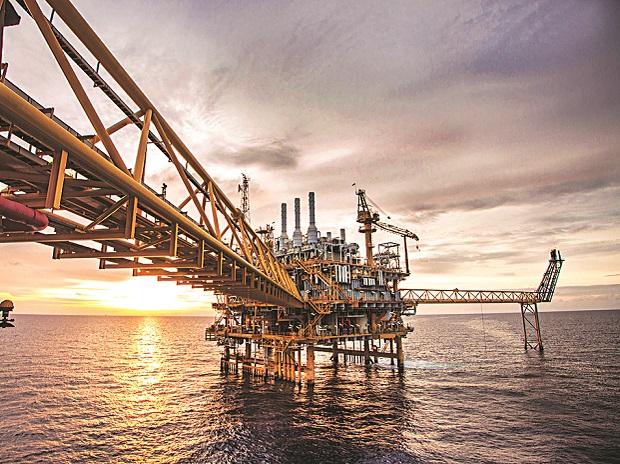
India's crude oil demand is forecast to grow to 500 million tonnes per year by 2040, but persistent increases in oil prices might act as a dampener for the rate of growth, Partha Ghosh, an executive director at Indian Oil Corp said on Tuesday.
That would be equivalent to around 10 million barrels per day (bpd), up from about 4.7 million bpd in 2017.
Globally oil demand will increase by 15.8 million bpd from now until 2040, Ghosh said during the Asia Pacific Petroleum Conference (APPEC) in Singapore. India's growth of 5.9 million bpd will make up about 24 per cent of the overall gain, he said.
India's refining capacity would increase to about 439 million tonnes per year by the financial year of 2030 as new and existing refineries continue enhancing their infrastructure, while domestic demand is forecast to increase to 356 million tonnes per year over the same period, Ghosh said.
Higher refining capacity will mean India could export more refined oil products to countries in the region.
"In the future, say about five to seven years down the line, when more refineries with bigger capacities come up, better (export) infrastructure will come along with that," Ghosh, the executive director for optimization at Indian Oil Corp, the country's biggest refiner, said
on the sidelines the conference.
on the sidelines the conference.
"Then, it'll be possible, even if the domestic demand does not grow because of high prices, refineries will be competitive enough to actually supply products to the entire region, be it East Africa or Asia."
India's strong economic growth and the demographic advantage of having a pool of young people will remain key drivers in its energy demand growth.
The rate of oil demand growth, however, will slow down by 2024 to 2025.
"While alternatives and energy efficiency is expected to reduce oil demand, the biggest dampening factor will come from a sustained increase in oil prices," Ghosh said.
"India's economy is very sensitive to oil prices. It's said that a $10 per barrel increase reduces India's GDP by 0.2 to 0.3 per cent."
India is a major buyer of Iranian oil and is seeking a waiver on the sanctions the United States is set to impose on the country in November.
However, Indian Oil will be able to manage even if it does not gain an exemption, Ghosh said.
"We'll have to increase buying from other resources…. Indian refineries are quite versatile. They're not dependent on any particular type of crude. So, it's possible to manage with alternative sources," he said.
No Comments For This Post, Be first to write a Comment.
Most viewed from Business
AIMIM News
Delhi Assembly polls: Owaisi leads Padyatra in Okhla
Feb 01, 2025
We reject this Waqf Amendment Bill: Asaduddin Owaisi
Jan 30, 2025
Latest Urdu News
Most Viewed
May 26, 2020
Which political party will win the Delhi Assembly polls to be held on Feb 5?
Latest Videos View All
Like Us
Home
About Us
Advertise With Us
All Polls
Epaper Archives
Privacy Policy
Contact Us
Download Etemaad App
© 2025 Etemaad Daily News, All Rights Reserved.




